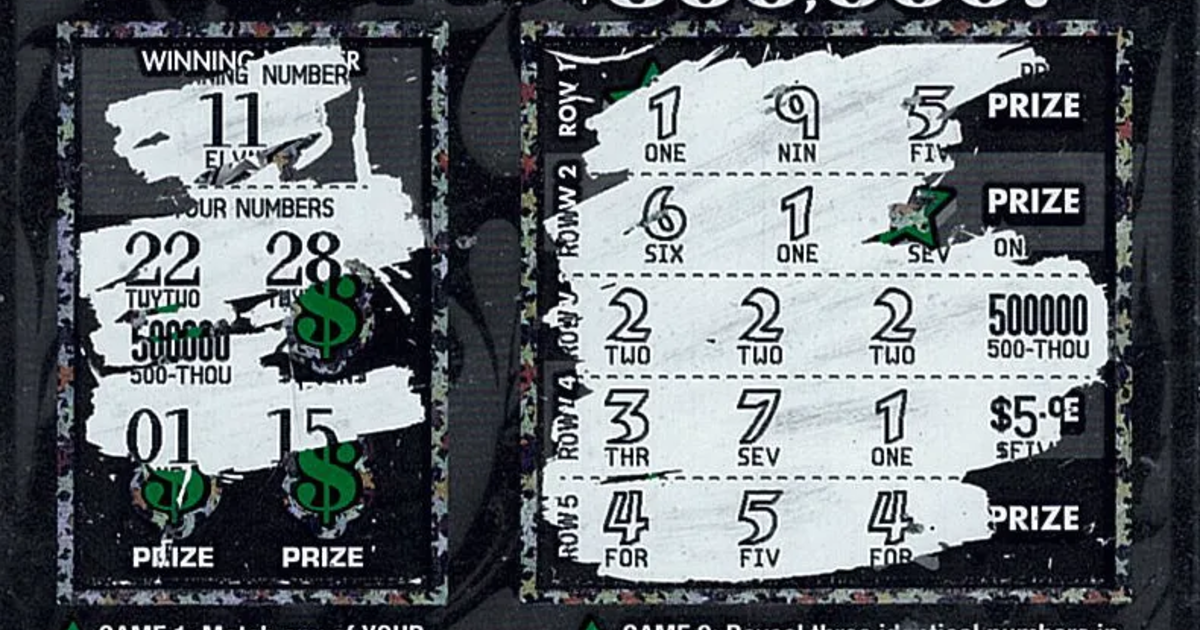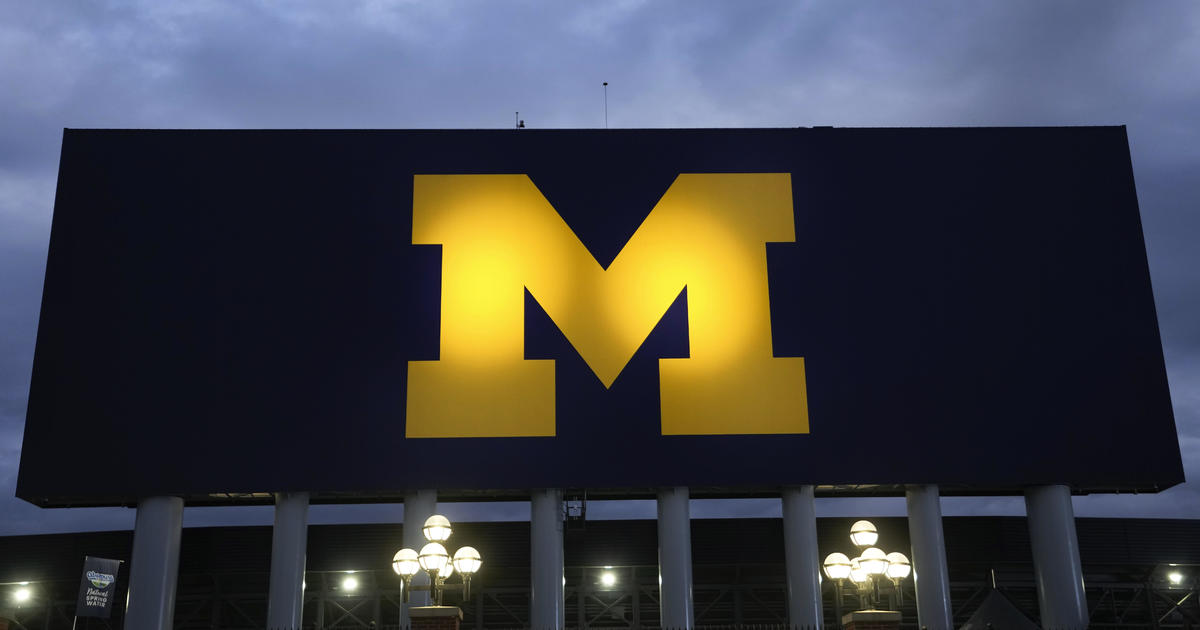Six Semifinalists Named For Clean Energy Prize
Six teams moved on to the semi-final round of judging in the University of Michigan-DTE Energy Clean Energy Prize competition, which will be held Friday, Feb. 18.
The surviving teams are pitching new, clean-energy business ideas that range from a new way to finance energy efficiency upgrades for municipal buildings to a new model for the biomass fuel industry using a non-food plant called pennycress.
The teams that survive the semi-final completion will compete later Feb. 18 as finalists, vying for the largest shares of a $100,000 prize pool.
The Clean Energy Prize challenges teams to develop business plans that promise to move a new, clean-energy technology from the laboratory to the market place.
The six teams that will face off in the semi-finals are:
* Green Start Batteries: An eco-friendly and cost effective alternative to new batteries by renewing 7 out of 10 lead acid batteries to original manufacturing standards at one third of the cost of new batteries.
* Smart Energy Loan Fund: Providing an innovative financing model to retrofit municipal buildings for energy efficiency savings.
* CSquared Innovation: A laser-assisted atmospheric plasma deposition technology that offers a high-speed, cost-effective and highly scalable platform approach to the synthesis of nanostructured materials and films for a large area on Li-ion battery electrodes, photovoltaics, industrial coatings, and biomedical materials.
* Grid Link: A cost-effective residential demand response program to utilities by providing an end-to-end solution that includes program development, marketing, and operation.
* Impact Card: A first-of-its-kind funding mechanism that aggregates consumer credit card reward points as project financing for renewable energy development.
* Perennial BioEnergy LLC: Development of a biodiesel industry based on pennycress, non-food winter oilseed which can be integrated with summer cash crops such as corn and soybeans.
A total of 23 teams made up of students from seven Michigan colleges and universities entered the 2010-2011 competition. The schools represented by participants of those 23 teams include The University of Michigan, Wayne State University, Kettering University, Lake Superior State University, Western Michigan University, Lake Michigan College and Lawrence Technological University.
The competition requires that teams focus on business ideas that support renewable energy, energy efficiency, smart grid technologies, environmental control technologies, plug-in electric vehicles or energy storage. The teams are competing for a share of a $100,000 prize pool. The prize money rewards the winning teams with resources that can help them further develop their ideas and ultimately start new businesses that can contribute to Michigan's emerging role as a leader in clean energy.
The first place team will receive $50,000. The other top prizes are $25,000 for second place, $10,000 for third place and $7,000 for fourth place. The teams that advanced from Round 1 received $200 and the teams that have advanced from Round 2 received $500.
The Clean Energy Prize competition was established by DTE Energy and the University of Michigan to encourage entrepreneurship in Michigan and the development of clean-energy technologies. The Masco Corp. Foundation and The Kresge Foundation were Clean Energy Prize founding sponsors and they continue to support the competition. Additional sponsors include UBS Investment Bank, Google, Huron River Ventures and GM Ventures.
The Center for Entrepreneurship and the UM Ross School of Business' Ross Energy Club are organizing the competition. Also providing support are several other University of Michigan entities, including Business Engagement Center, The Michigan Memorial Phoenix Energy Institute, and the Office of Vice President for Research.
"Ultimately there will be just one winner of the Clean Energy Prize," said Knut Simonsen, president, DTE Energy Ventures. "But all of the semifinalist teams display the inventiveness, drive and entrepreneurial spirit that we are hoping to stimulate with the competition. This is exactly the type of mindset and effort needed to revitalize Michigan's economy."
Added Bhushan Giri, one of the Ross Energy Club student leaders said: "A highlight of this year's competition is an increased interest in the financial aspects of clean energy -- both on participants' and judges' ends. Appropriate financing options are vital to making clean energy commercially viable and this year we have a few teams with innovative propositions to secure low cost funding for clean energy projects. I look forward to an interesting showdown in the upcoming rounds."
More at www.micleanenergyprize.com.



